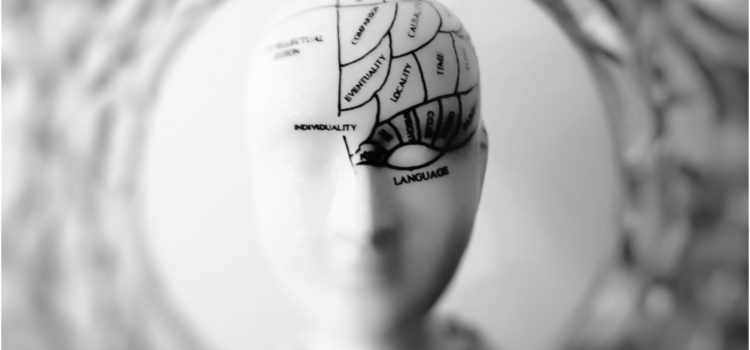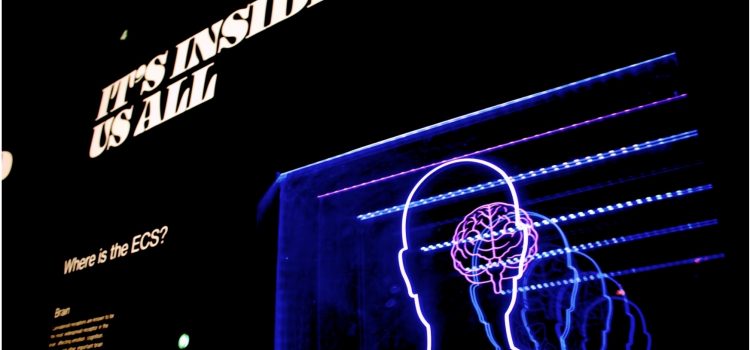How are amyloid plaques implicated in Alzheimer’s disease? How does amyloid build-up contribute to cognitive decline? An abundance of amyloid plaque in a person’s brain is a hallmark of Alzheimer’s, but not all amyloid plagues are created equal. Recent research suggests that some types of amyloid plagues are actually benign and even protective. Here’s what we know about the role of amyloid plaques in Alzheimer’s disease.
Untangling Amyloid: Alzheimer’s Disease Hallmark?










